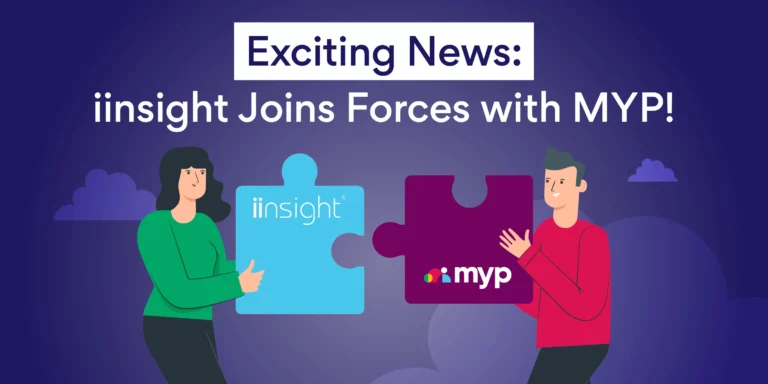There is strength in numbers – this adage is certainly true for allied health professionals. Building a business network of other industry professionals who you can consult with has far-reaching benefits, both professionally and personally.
Take a look at the local events calendar on your professional directory and highlight a number to attend. From mentorship to seeking advice and gaining referrals, getting to know other specialists in the industry can do wonders for your career and practice.
Benefits Of Building A Business Network Of Allied Health Professionals
1. Gain Industry Knowledge
Learning is vital for progressing professionally. Building a key business network of individuals respected for their expertise and contributions to the field means you will have access to industry knowledge that can help you advance in your career.
Whether you would like to gain new perspectives on patient treatment or get advice on leading business tools, such as which injury management system, to use in your practice, networking opens the doors to receiving valuable suggestions and guidance.

2. Earn Referrals
Rather than placing all focus on the one metaphorical basket, marketing your practice is best done through various channels. Referrals is one of these, and very valuable when it comes to gaining traction for your practice.
Actively networking with other allied health professionals can help you build your reputation and put you top of mind when opportunities arise. For example, a physio referring a patient to an occupational therapist for the next phase of treatment may consider you if you have formed the professional connection. Receiving an endorsement of your abilities from a qualified health care provider will nearly certainly guarantee you a patient to treat.
3. Find A Mentor
Leading health care professionals who are highly regarded know the importance of mentoring tomorrow’s professional workforce. It sees to the advancement of the healthcare industry and is instrumental in ensuring that ideas and thinking are challenged and progressive.
Surrounding yourself with a key business network of experts who share your vocation, increases your chance of finding a mentor to support your career growth. There will be times when you need to ask questions, seek support, or discuss insights with a person who has experience in the field.

4. Build Confidence
It can be daunting to put yourself out there and meet new people when networking. A lot of the time, you will get advice to attend networking events on your own so that you are forced to make the connection with the people around you. Getting out of your comfort zone to do this will build valuable social and business skills that will benefit you at work as well as personally.
5. Develop Valuable Relationships
In creating these connections with your allied health peers, you are forming reciprocal relationships which will allow you to discuss the opportunities and challenges you both face. This will lay the foundation for a professional support network that you can lean on when you need to, as well as form relationships that may extend from professional into personal.
The Networking Opportunity
Be it an allied health workshop, or industry-related event, make it a point to attend and get to know some of the people who contribute to the community you work in. Giving up some of your time to do this could lead to you creating connections that manifest into opportunity.
Speaking of opportunity, for more tips on how to advance your practice and better manage your allied health practice, get your copy of our free e-book by clicking this link.












